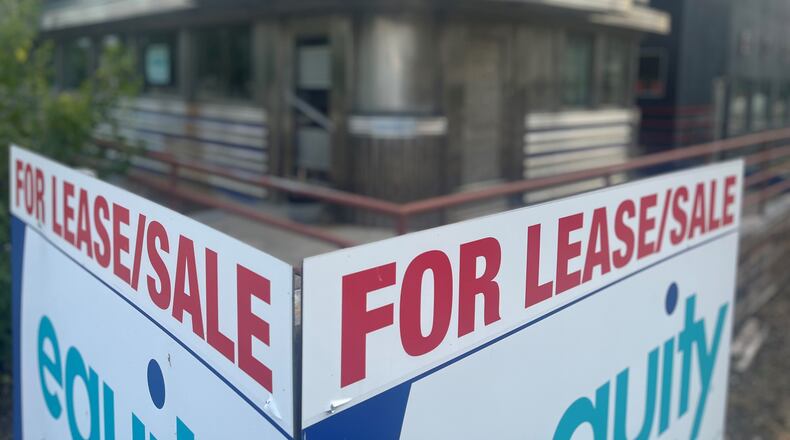The city is putting $7 million of its $138 million of federal rescue funds toward the new program that will provide low-interest and forgivable loans.
Some recipients are expected to be people and businesses who may otherwise have a hard time obtaining financing from traditional lenders.
“We put this program together to strategically support emerging retail businesses and boost walkability and vibrancy in the city,” said Dayton City Manager Shelley Dickstein.
On Wednesday, the Dayton City Commission approved giving CityWide $7 million for the new First Floor Fund program.
The money comes from the $138 million the city received from the federal American Rescue Plan Act (ARPA).
The program will provide primary loans worth up to $300,000 and forgivable loans worth up to $50,000.
Primary loans cannot exceed 50% of project costs, and forgivable loans cannot be worth more than 20% of project costs, says a memo from Todd Kinskey, Dayton’s director of planning, neighborhoods and development.
“The FFF program will go a long way toward providing prompt economic stabilization and access to capital for small retail businesses and will help mitigate COVID-related, systemic funding and economic challenges facing small, women-owned and minority-owned businesses,” the memo states.
City staff said they believe the bulk of the loans will be for small retail projects.
The loans are intended to help activate vacant and underused storefront spaces that were impacted by the COVID-19 crisis, says an agreement with CityWide.
The program also will have a particular focus on Black and minority-owned businesses located in downtown and disadvantaged neighborhoods.
Data show that more than 40% of first-floor businesses in downtown Dayton are women-owned and about a quarter are minority-owned, said City Manager Dickstein.
“We know first-floor space is so important to activating sidewalks and creating vibrancy, whether it’s in our neighborhood business districts or whether it’s in downtown,” Dickstein said. “Those are places that people want to be and it’s a great element of place-making.”
Other major U.S. cities have similar programs, but many are entirely funded by the private-sector, she said.
The target interest rate for the loans is between 2% and 4%. A five-person committee will review loan applications.
“The First Floor Fund program will provide capital at below-market interest rates,” said Dan Kane, president of CityWide.
Loans can be used for tenant improvements, equipment and working capital, Kane said, as well as for building renovations and furniture and fixtures.
Downtown has a high concentration of first-floor businesses but some have struggled to secure financing, said Val Hunt Beerbower, economic development director for the Downtown Dayton Partnership.
Prior to leaving, Scott Murphy, partnership’s former vice president of economic development, led discussions about creating a new loan for businesses moving into first-floor spaces, Beerbower said.
“Startups, with their lack of demonstrable revenue, had to work even harder to obtain financing, as traditional lending institutions are often intimidated by the inherent risk of a startup,” she said.
The partnership operates the Retail Lab small business accelerator program, which is intended to help people launch or grow their first-floor businesses.
Dayton’s “Recovery Plan” for its $138 million has five focused areas of spending.
They are improving neighborhoods ($55 million); enhancing critical city services ($21.5 million); catalyzing economic recovery ($10.8 million); supporting “Black and brown” businesses ($7.6 million); and aiding community and small business recovery ($7.3 million).
The city expects to use the rest of the funding to cover financial losses caused by COVID-19, primarily due to people who used to work in the city now working from home.
The $7 million for the First Floor Fund comes from the catalyzing economic recovery pot of money.
About the Author



